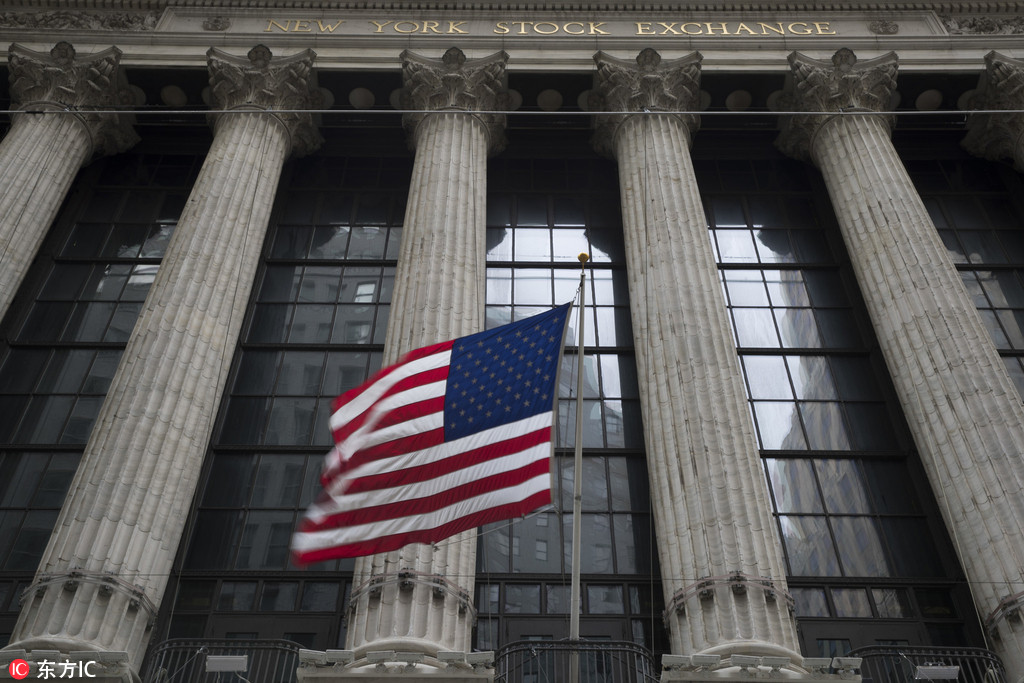EU hits back at US tariffs as trade row heats up
By JULIAN SHEA | China Daily | Updated: 2018-06-07 09:34

A full-on trade war between the United States and the European Union has moved a significant step closer following the European Commission's decision to endorse the imposition of additional duties on selected imports from the US to the EU, in response to tariffs being imposed on EU steel and aluminum products by the US.
At the start of June, Canada, Mexico and the EU became the latest trade partners to be subject to US tariffs, and subject to the successful conclusion of the necessary procedures with member states, the EU Commission expects its new retaliatory duties to be applied from July onward.
The "rebalancing duties", as they are known, apply to a list of products notified to the World Trade Organization, and are fully in line with WTO rules.
Under the WTO Safeguards Agreement, a rebalancing corresponding to the damage caused by the US measures is permitted. In 2017, the EU exported 5.5 million tons of steel to the US, worth 6.4 billion euros ($7.5 billion).
A statement from the commission said that "the EU will therefore exercise its rights immediately on US products valued at up to 2.8 billion euros of trade.
"The remaining rebalancing on trade valued at 3.6 billion euros will take place at a later stage-in three years' time or after a positive finding in WTO dispute settlement if that should come sooner."
Commissioner for Trade Cecilia Malmstrom called the move "regrettable" but said US actions had "left us with no other option than to safeguard EU interests".
"This is a measured and proportionate response to the unilateral and illegal decision taken by the United States to impose tariffs on European steel and aluminum exports," she continued, adding that it was "fully in line with international trade law".
The range of items which will be subject to new duties is extremely wide, from clothing and tobacco to playing cards and fruit juice.
The deployment of rebalancing duties is just one part of a triple-pronged response by the European Commission.
Other measures include launching legal proceedings against the US in the WTO, a process which began on June 1, and potentially triggering safeguarding measures to ensure the European market is protected from disruptions caused by steel being diverted to the US market.
The Commission began an investigation in March and has nine months to decide what would be appropriate safeguard measures, although if the investigation calls for swift action, a decision could be taken by this summer. Aluminum imports are being monitored to see what action might be necessary in that particular sector. It was also decided in March that the Commission should continue to engage with the US on other trade-related matters, since when there have been talks involving the EU, US and Japan aimed at understanding and addressing the factors causing tensions in global trade.
























